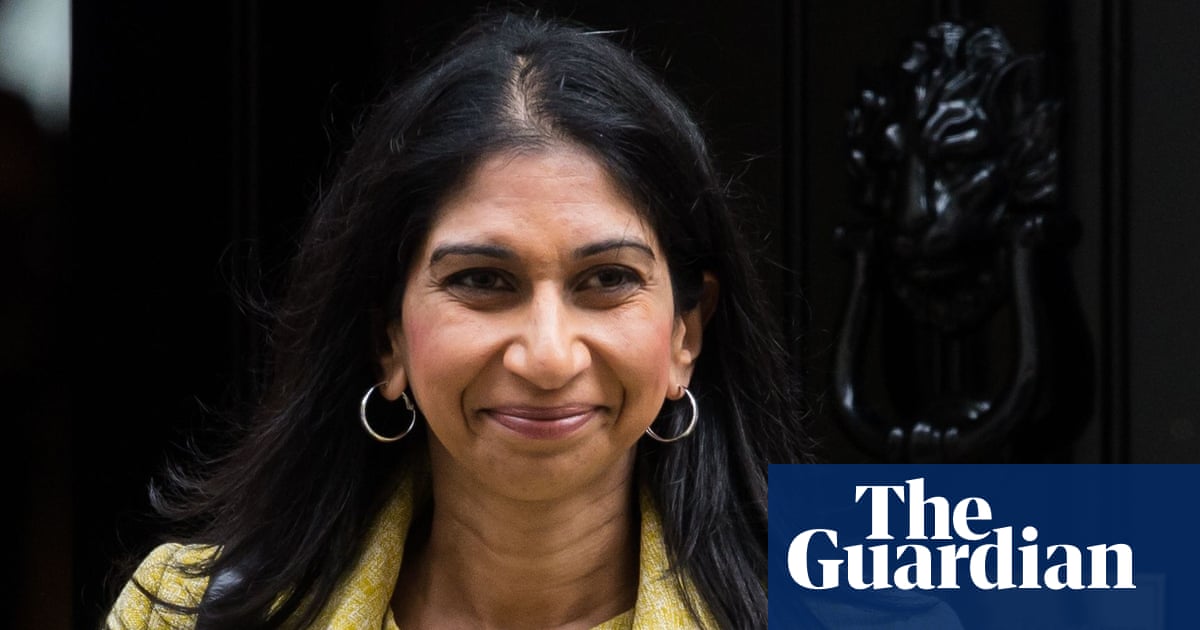
Britons are increasingly concerned by the use of racist and transphobic language on television but much more tolerant of swearing, according to the media regulator’s latest investigation into changing social attitudes.
Ofcom found that attitudes to racist language have hardened, with Britons wanting a very strong justification for its inclusion in programmes. Last summer the BBC had to apologise after broadcasting the N-word during a news report on an allegedly racist attack on a young man.
Another big change has been in attitudes towards transphobia. The research found that most of the public felt “deliberate misgendering” of a trans person would be considered highly offensive. Deadnaming – using a person’s pre-transition identity – was considered to be particularly unjustifiable, because it was likely to have been done deliberately.
The research by Ofcom will help set the parameters of what can be broadcast on British media outlets, and shows some substantial changes in attitudes since the exercise was last conducted five years ago. It concluded audiences were increasingly tolerant of swearing on TV, as long as it was either editorially justified or the presenter swiftly apologised.
As part of the research, members of the public were asked to rank the offensiveness of various swear words, slang for body parts, sexual terminology, racial terms and political labels.
Ofcom found that terms such as “arse”, “douchebag” and “mincing” were mild and broadly unlikely to cause offence. However, words such as “fuck”, “nonce” and “faggot” were highly offensive and required a very strong editorial justification if they were to be included in a programme.
One issue was around the environment in which words were used, with LGBT respondents broadly approving of the word “queer” but only if used in a positive context.
At one point in the study, participants were shown a transcript from James O’Brien’s LBC show and asked to reflect on his use of the word “gammon” to describe ruddy-faced Brexit supporters. Other participants considered the term “snowflake” to describe sensitive younger people.
“Both [gammon and snowflake] were seen as less offensive compared to other derogatory words because they focus on people’s attitudes rather than their identity,” concluded Ofcom.
“They were generally seen as descriptive words that related to a person’s behaviour or views rather than targeting an individual or particular group based on their inherent characteristic.”
Derogatory political terms such as “Karen”, “boomer” and “remoaner” were also ranked as mild.
However, there was a split between older and younger Britons on how to handle the repeats of old programmes that no longer fitted with current social attitudes, with a transphobic term in an old episode of the Simpsons among the issues considered.
Some older people interviewed by Ofcom felt that old films featuring blackface, such as Carry On, should still be repeated, arguing that “blackface was socially acceptable when the film was made”.
“In some cases, they suggested that it was included out of necessity due to a lack of non-white actors in the Carry On troupe,” said Ofcom. “They felt that the use of blackface was not intended to offend and that the removal of scenes with blackface would interrupt the narrative of the film.”
However, most younger viewers and black participants in the study felt that repeating such programmes “perpetuated outdated racist views” and they should not be shown again.












